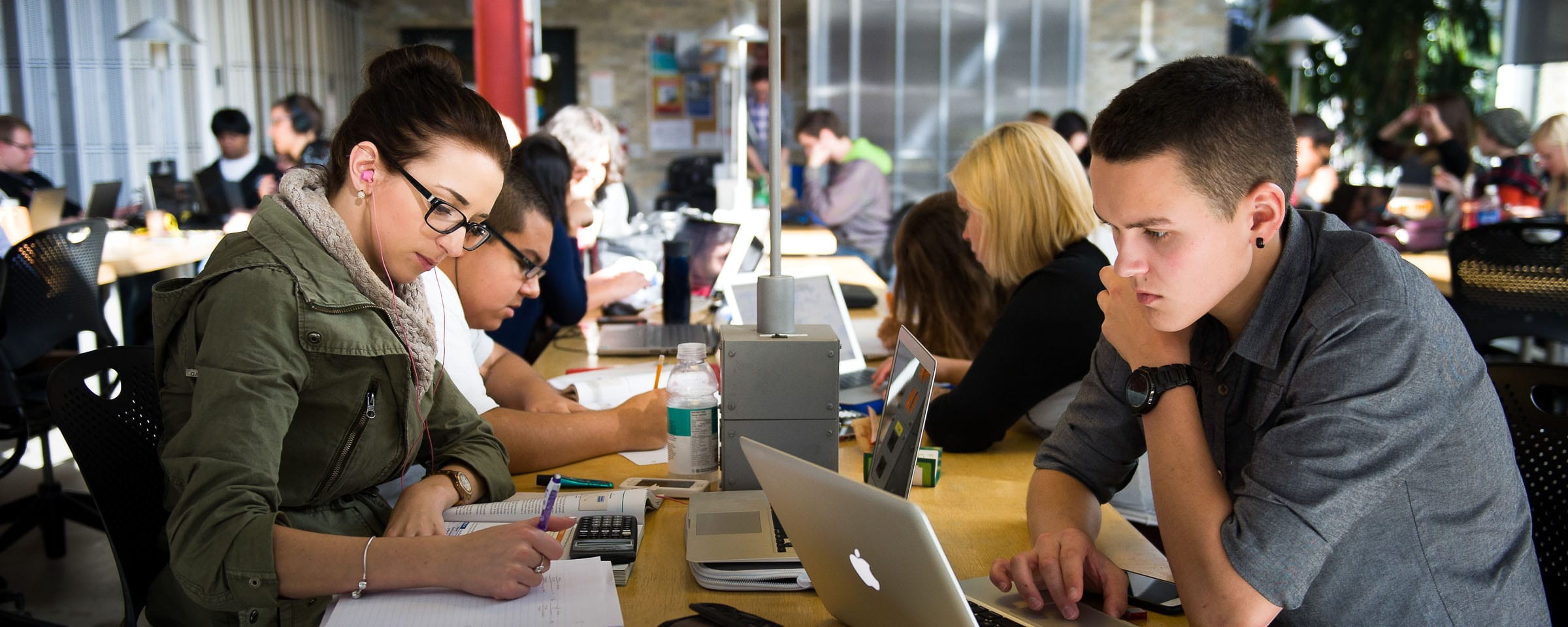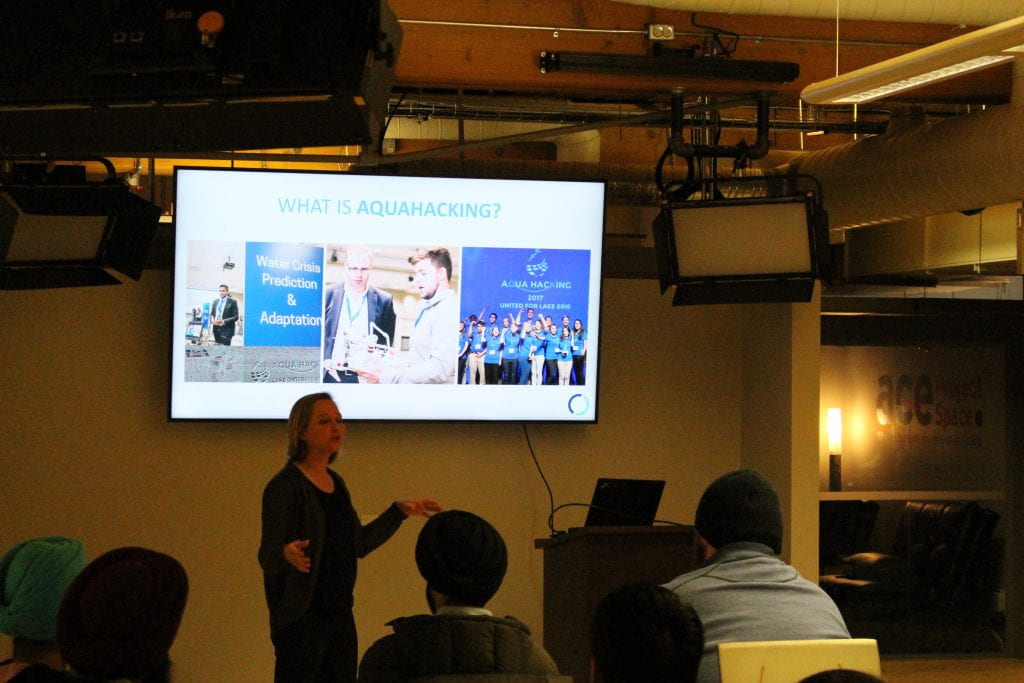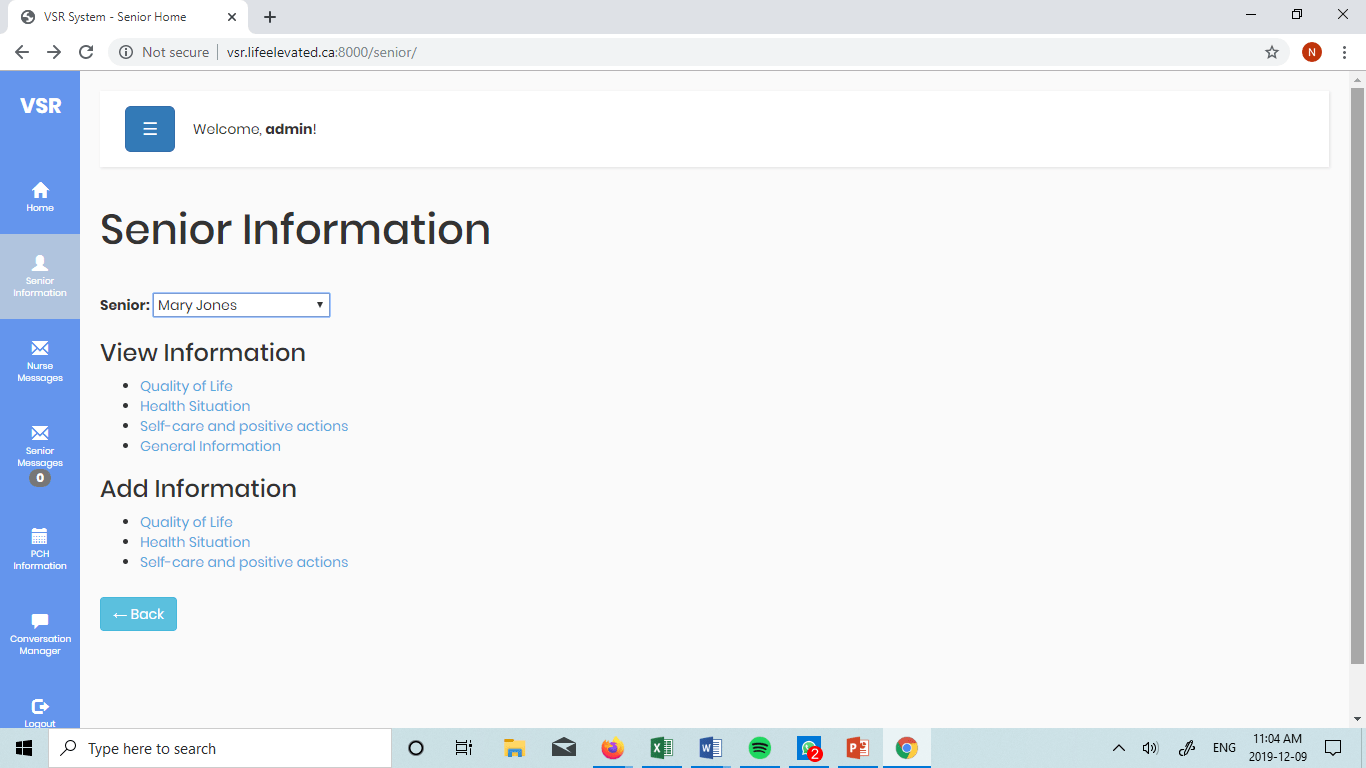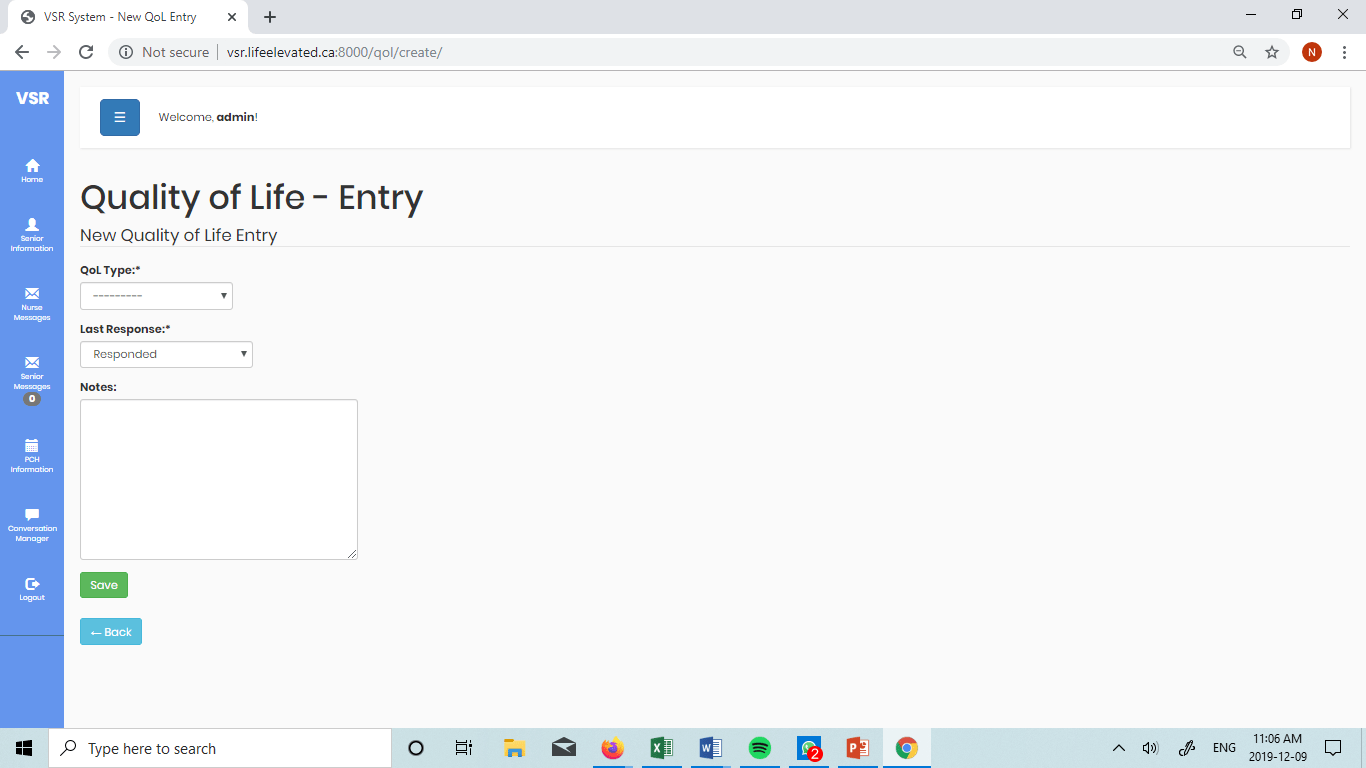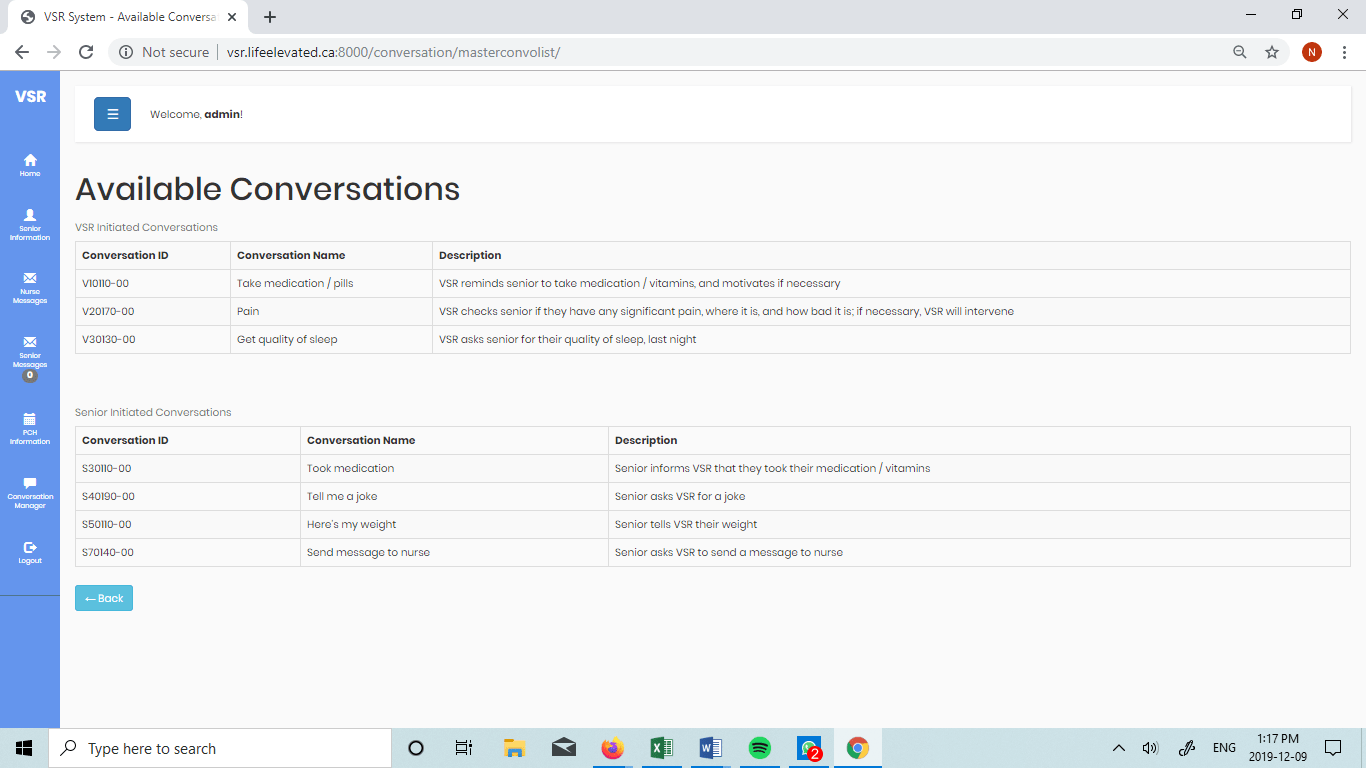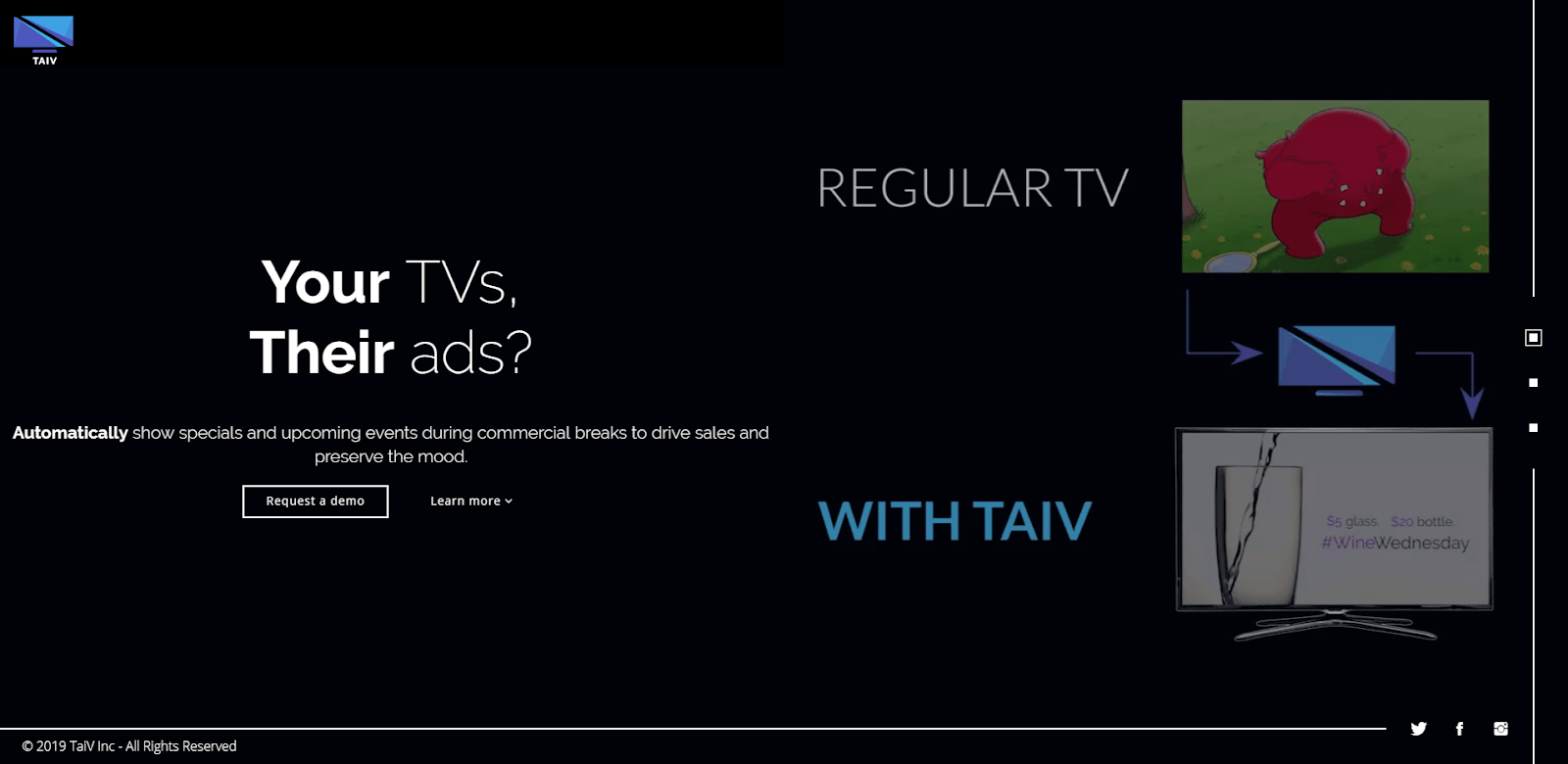AquaHacking Challenge and Opportunity to Save Lake Winnipeg
On January 15, 2020, representatives from the Winnipeg office for the International Institute for Sustainable Development (IISD) delivered an information session on their sustainability campaign to students at the ACE Project Space. The IISD, whose mission is to champion solutions to our planet’s greatest sustainability challenges, created the AquaHacking Challenge, an initiative and competition designed to attract bright young minds who have the desire and ability to address our most urgent water issues.
Pauline Gerard, Deputy Director, IISD-ELA and Corporate Secretary, talked to our BIT, BTM, InfoSec, and PTEC students about the challenges the IISD is working to resolve in protecting and cleaning up our fresh water resources and species right here in Manitoba. Lake Winnipeg, which is the 11th largest fresh water lake in the world, is under threat due to excessive pollutants entering the watershed. The lake also serves as the sole source of potable water for many northern communities and supplies a significant commercial fishing stock. Gerard called for students’ help in assisting the organization in signing up to develop technology-backed ideas and solutions to stop further degradation of our precious fresh water resources.
Gerard guided students through the process of developing sustainable ideas by working on a common challenge affecting the agriculture sector today: providing agriculture producers with cost-effective solutions for managing drainage and the climate. The students were split into groups to discuss ideas around how the problem could be solved. One student from each group shared their idea to the audience. Ideas involved Internet-connected sensors, apps, and more.
The five challenges the IISD is working on for Lake Winnipeg include:
- Providing agricultural producers with cost-effective solutions for water and land management
- Assessing fish populations and health using non-invasive techniques
- Preventing microplastics from entering the lake
- Enabling local testing of drinking water quality in remote northern communities
- Financing sustainable development initiatives by connecting individual and group funding sources
The AquaHacking Challenge is an 8-month long competition for the best ideas, connecting teams of innovative people with mentors from industry and workshops to create innovative and sustainable solutions. Technology-minded youth between the ages of 18 and 35 are encouraged to register to be part of a solution team for this competition, which starts in February with winners declared in October. Winners will receive part of a $50,000 prize pool to fund further development of their solutions.
To learn more about the AquaHacking 2020 Challenge for Lake Winnipeg and how to participate, visit https://bit.ly/HackLakeWpg or stop by the IISD booth on January 31st during the DisruptED Conference at the RBC Convention Centre.
